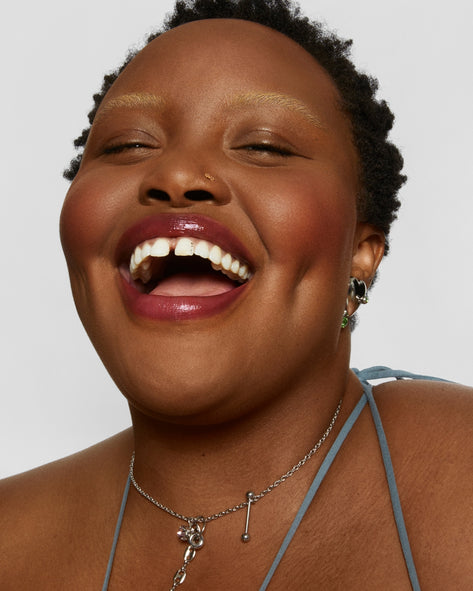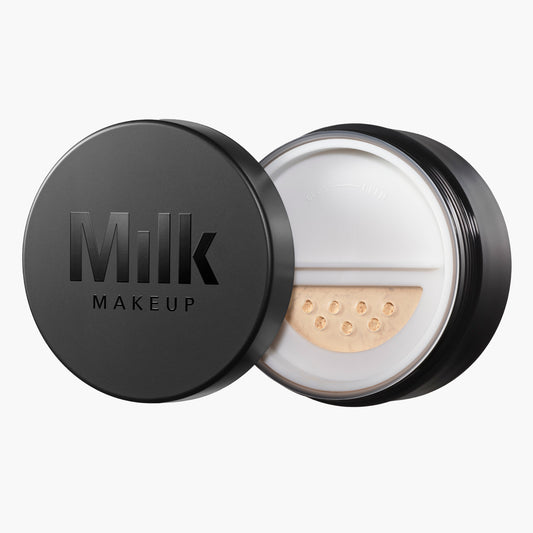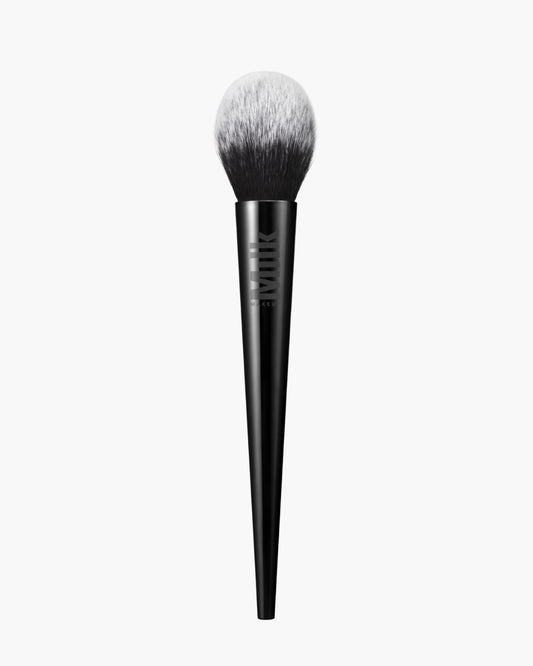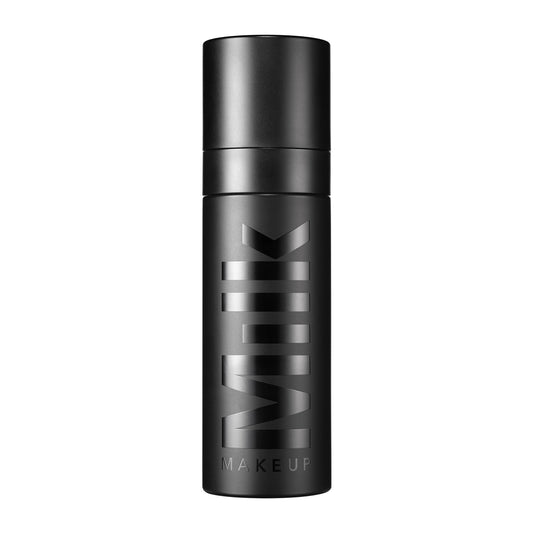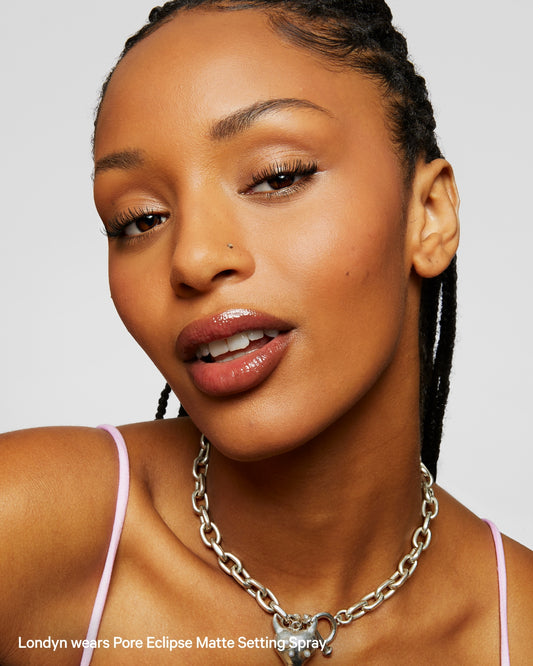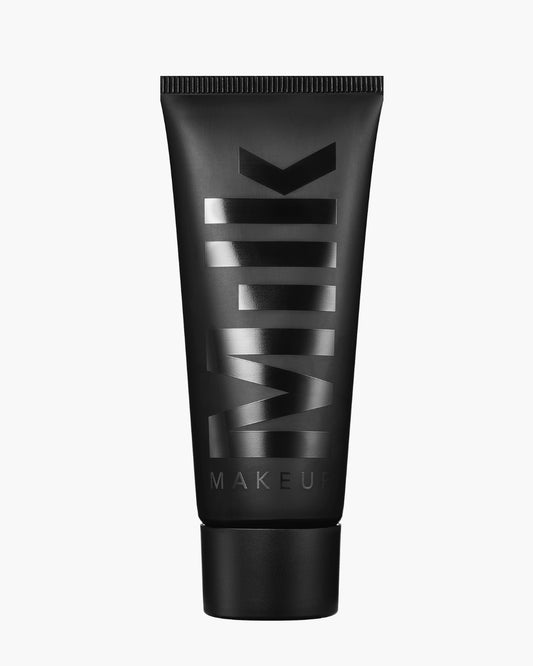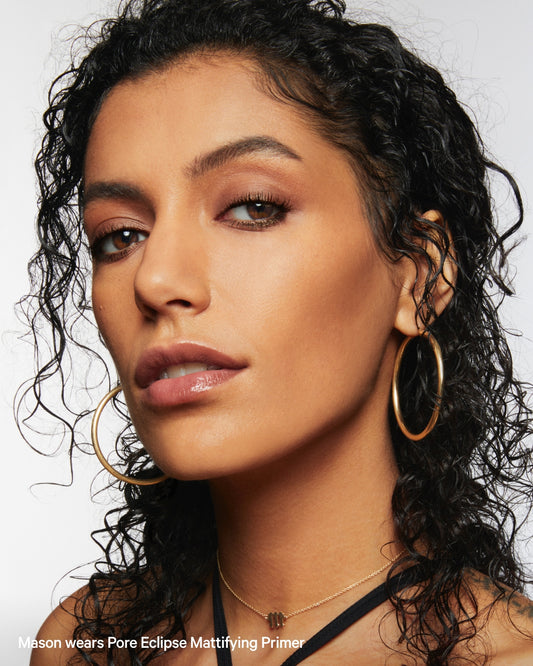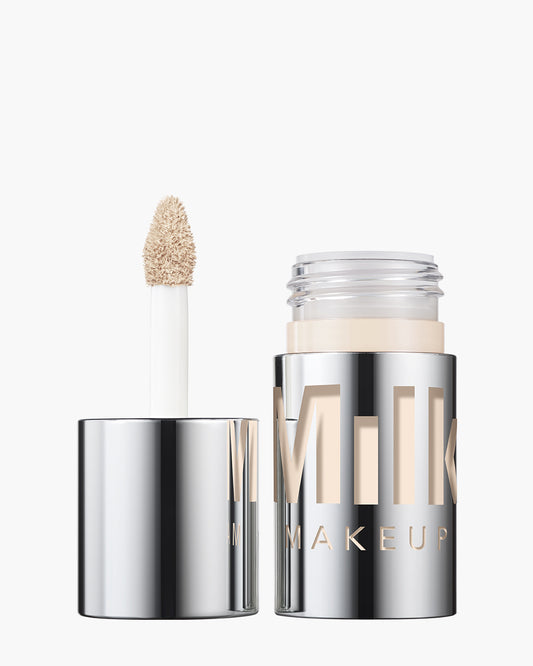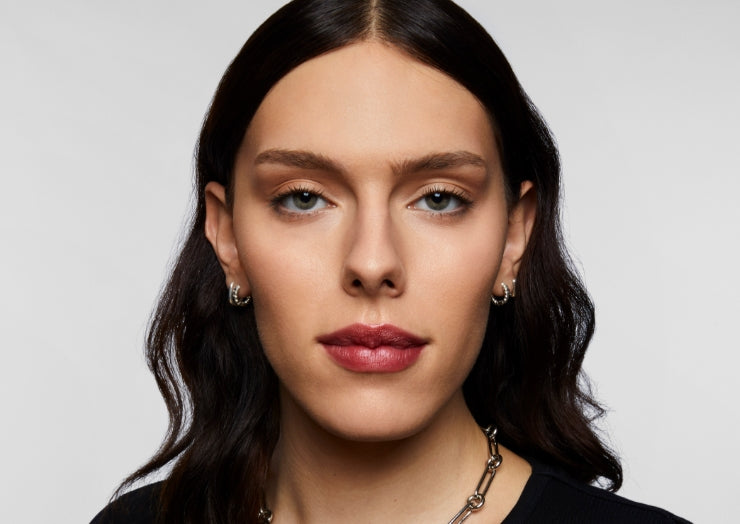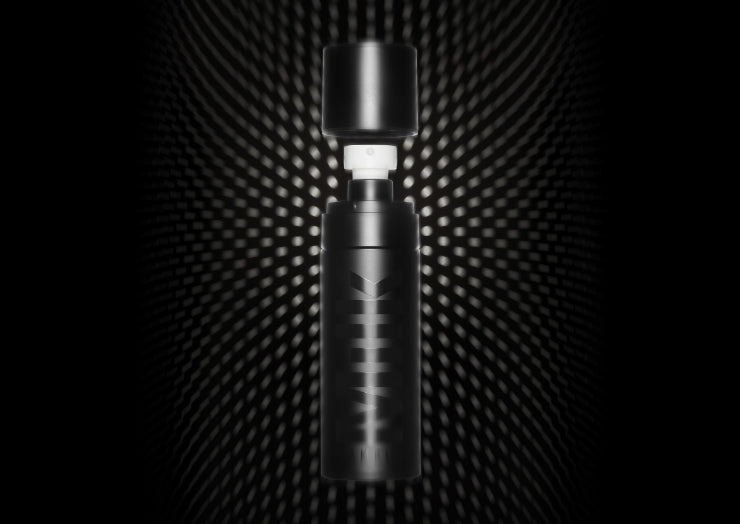With the launch of our latest setting powder, Pore Eclipse Matte Translucent Setting Powder, you’re probably wondering if we’re fans of talc in makeup. The short answer is no. The new addition to the Pore Eclipse family is talc-free, but that doesn’t stop it from seamlessly setting makeup and giving skin a matte, soft-focus finish for up to 16 hours.
Of course, there is more to cosmetic-grade talc than just that. We asked experts to share what the use of talc in makeup does, and we’ll do our best to answer the question: Is talc in makeup safe?
What is talc?
Talc is a naturally-occurring mineral composed of magnesium, silicon, hydrogen, and oxygen, says board-certified dermatologist Blair Murphy-Rose, M.D. It’s a common ingredient in powder makeup, such as blush, eyeshadow, bronzer, and setting powder, as well as hygiene products like baby powder and deodorant. You can also find it in liquid foundation and dry shampoos, she adds.
Why is talc used in makeup?
When used in makeup products, talc gives skin a smooth, matte finish by absorbing excess oil and moisture. It’s often used in beauty products because it’s naturally abundant and well-tolerated by most skin types, Dr. Rose Murphy says. Some other benefits include the reduction of friction on skin, making pigments opaque, its silky texture, and the way it can help prevent caking, she adds.
Why we don’t use talcAlthough talc is historically the most popular base for loose powders and personal care products, it’s been a polarizing cosmetic ingredient as of late. From a functional standpoint, talc can look and feel chalky on your face. Because it’s so absorbent and helps skin wick away oil, it also has a tendency to be “excessively drying to some,” Dr. Rose-Murphy says. “This could exacerbate skin conditions associated with dryness like eczema and skin hypersensitivity conditions.” Plus, talc is typically the culprit behind traditional face powders causing flashback. It reflects light a little too well, causing a white cast the second flash photography is involved. No thank you. Then, there’s the loaded question on many people’s minds lately: Is talc safe in makeup? Can it cause cancer? Well, “Talc itself is not thought to be dangerous,” Dr. Murphy-Rose says. “The problem is talc can be contaminated with asbestos, which is a known carcinogen that has been linked to certain cancers.” You may have noticed makeup with a warning label on it to advise you to not inhale it. The reason is the true potential danger of talc in makeup lies in inhaling asbestos-containing talc. Most of the time, talc added to makeup is free of detectable amounts of asbestos. But as Dr. Rose-Murphy points out, these amounts and testing of such are poorly regulated. |
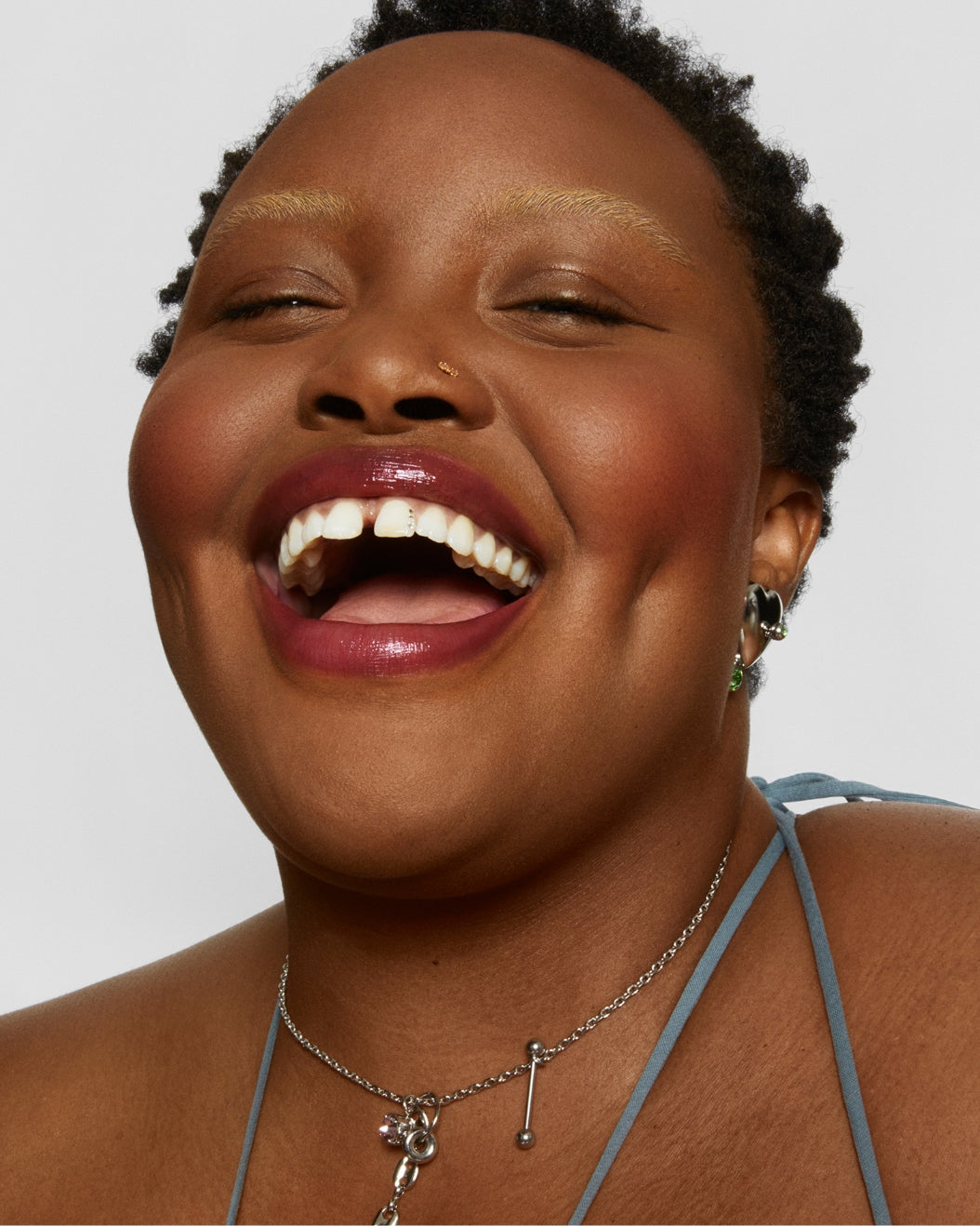 |
The health risks of apparent asbestos-free talc are not clear either. “Research to date shows mixed results,” Dr. Rose-Murphy says. For example, the American Cancer Society says there’s no link between cosmetic talc powder and lung cancer, while the World Health Organization has deemed talcum powder used by women on the genital area to be “possibly carcinogenic to humans,” she adds. In 2022, The U.S. Food and Drug Administration (FDA) did a sampling of 50 talc-containing products and reported that asbestos was not present in any of them.
To avoid any potential harm, we completely skirted talc when formulating Pore Eclipse Matte Translucent Setting Powder. After all, there are several other ingredients that do everything talc does without any safety risks—so, no worries about asbestos contamination here.
What we use instead of talcPore Eclipse Matte Translucent Setting Powder is talc-free. We replaced it with lentil extract, aka a powdered version of the mineral-rich legume we all know and love in soups. When added to makeup, lentil helps absorb oil and fight shine just as efficiently as talc-containing powders. If you’ve tried any of the other products from the Pore Eclipse line, then you already know just how mattifying lentil extract is. Best of all, lentil extract actually hydrates skin instead of drying it out like talc-based products might. In fact, “It helps to refine skin texture and moisturizes skin,” says cosmetic chemist Ginger King. Powdered lentil also feels weightless on skin and doesn’t reflect light, so flashback will never be an issue—neither will creasing or caking. It melts into skin for a seamless finish that doesn’t settle into lines or look noticeably chalky at all. Lentil extract is joined by brightening niacinamide and bakuchiol to give the setting powder additional skin-smoothing benefits. Niacinamide, for those unfamiliar, helps regulate sebum production, heal breakouts, and diminish the appearance of fine lines and wrinkles. It even has the ability to reduce the appearance of enlarged pores. Bakuchiol, on the other hand, is known as a plant-based retinol alternative thanks to the way it boosts collagen production and cell turnover for a more even, clearer skin tone and texture, Dr. Murphy-Rose says. See, with formulations like this, talc is not even necessary in setting powders if you ask us! |
|
Meet the Experts
Blair Murphy-Rose, M.D., F.A.A.D. (she/her), is a board-certified cosmetic and medical dermatologist specializing in facial rejuvenation techniques at the Laser & Skin Surgery Center of New York. She is also a Clinical Instructor of Dermatology at Weill Cornell Medical College. Her approach blends science and artistry, employing the most advanced technologies and precise techniques.
Ginger King (she/her) is the founder & CEO at Grace Kingdom Beauty, a cosmetic product development firm in New Jersey specializing in helping create beauty brands from concept to launch. She has been the keynote speaker for brand launches and has spoken at various trade conferences on product development and In-Cosmetics on product innovation.
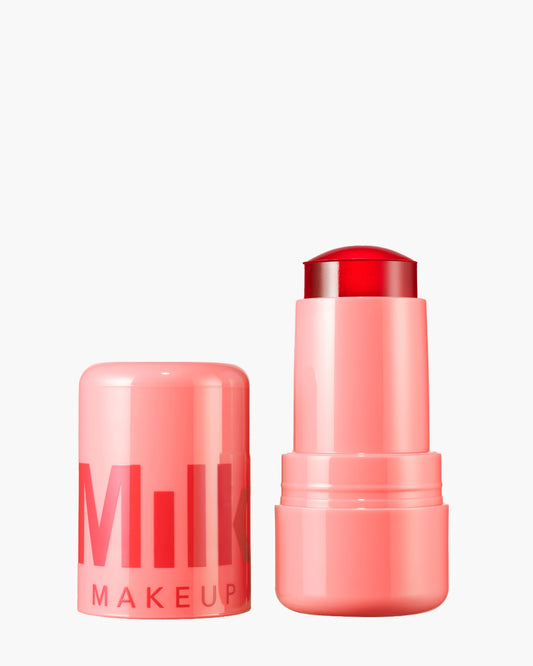
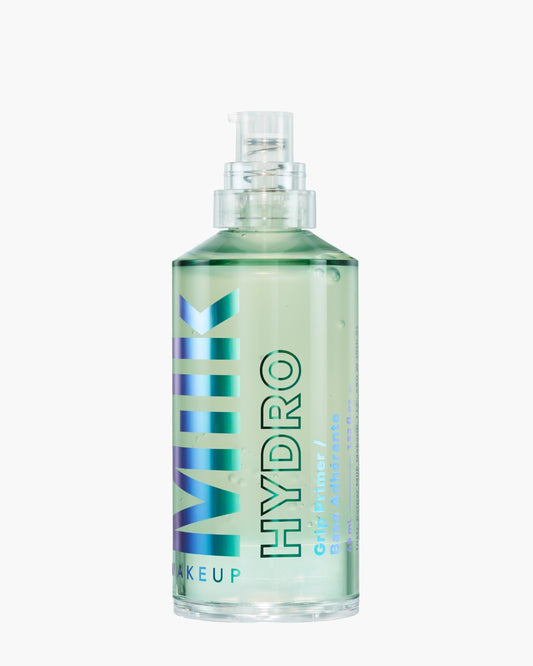
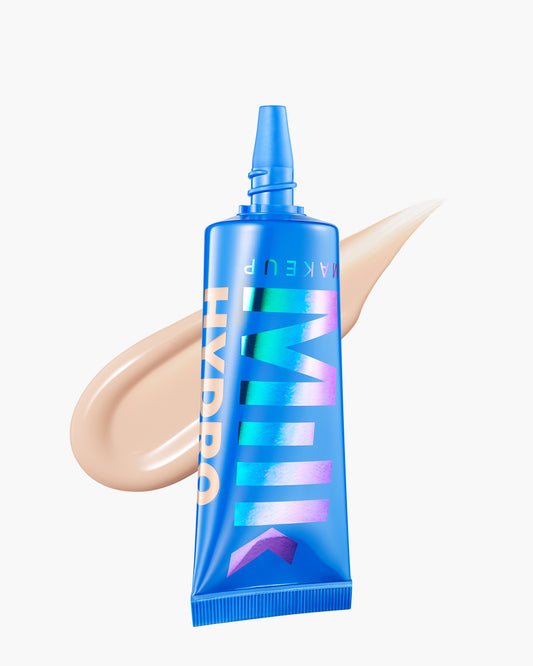
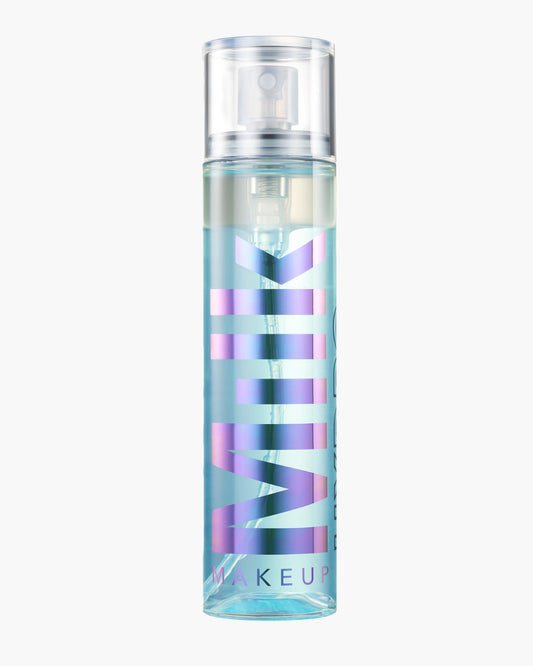
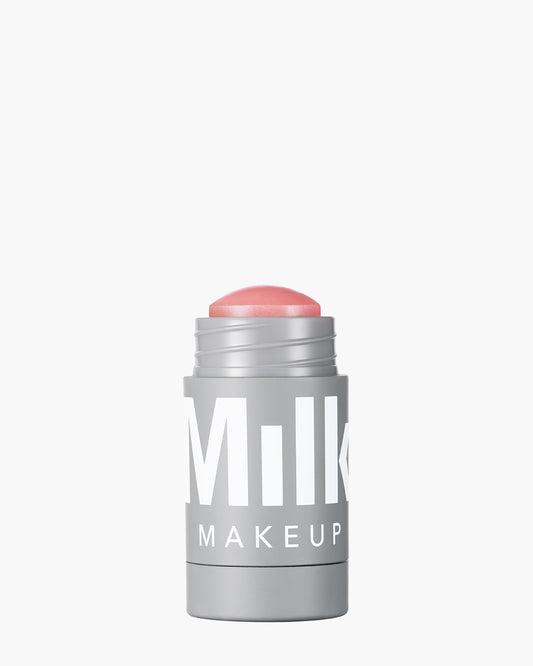
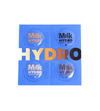
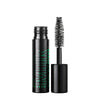
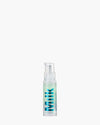
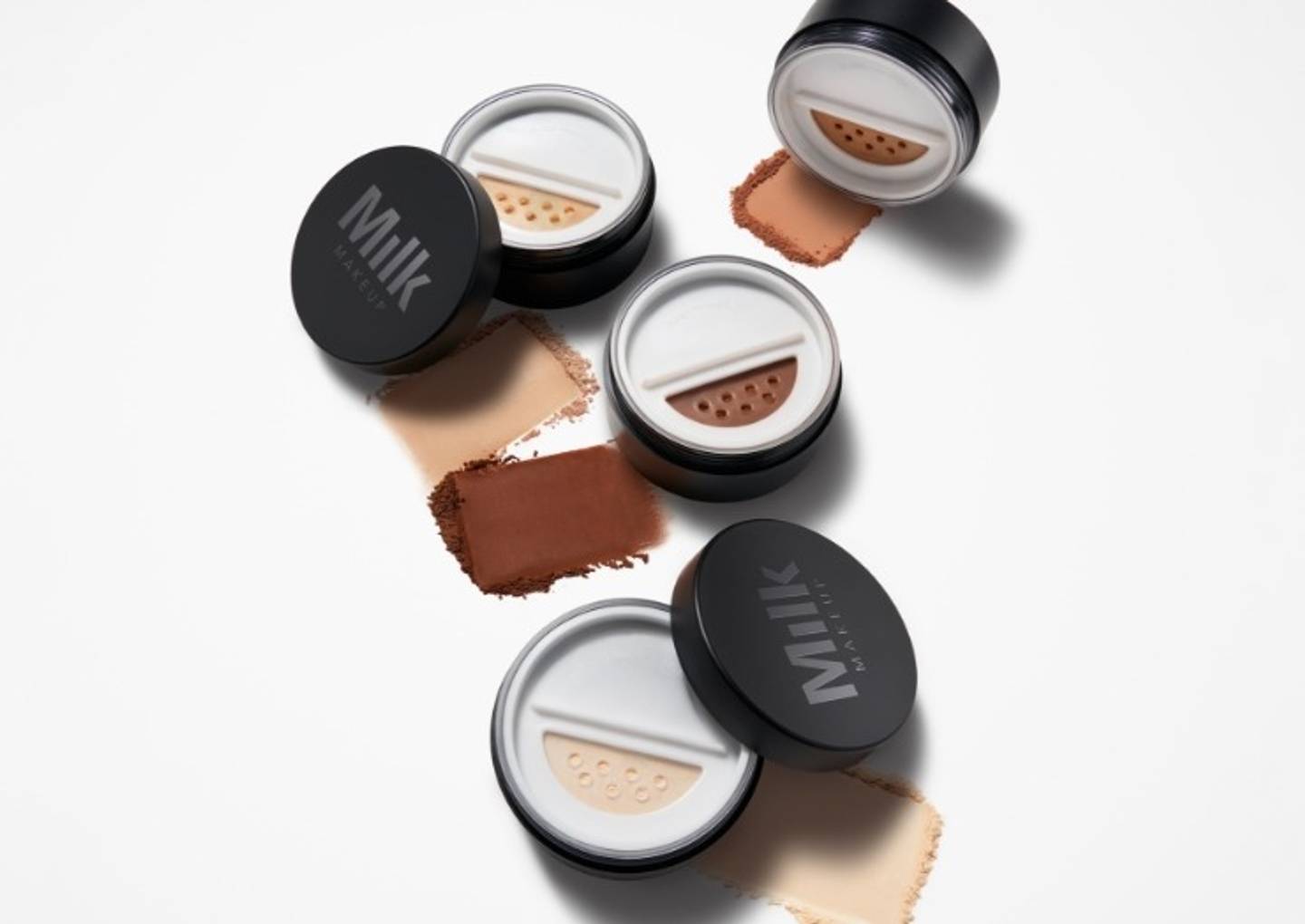
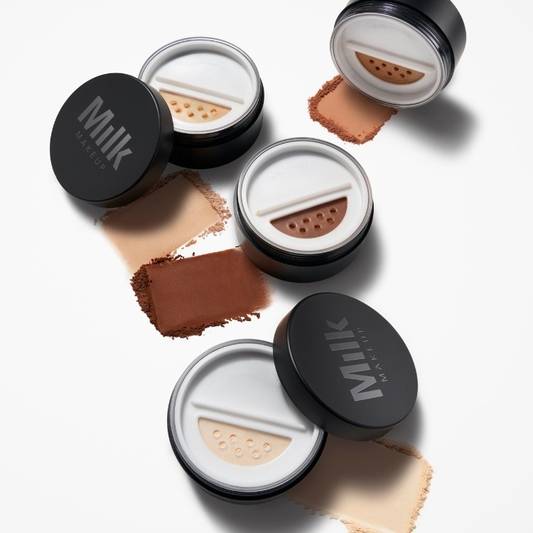
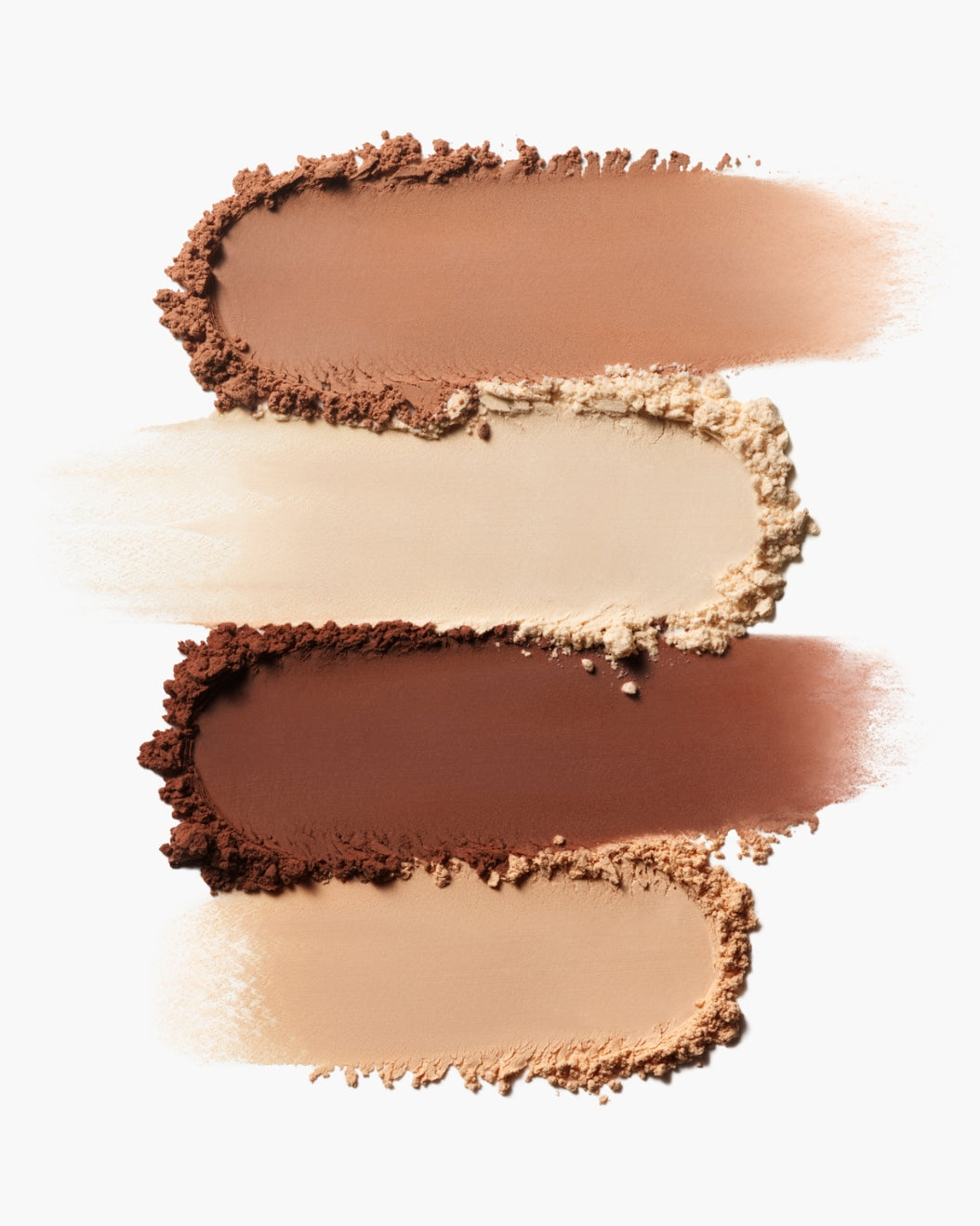
 "
"